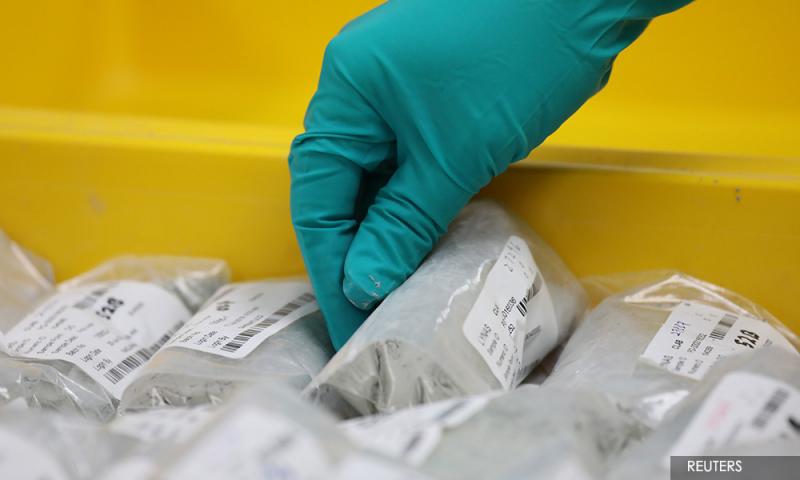LETTER | Illegal rare earth mining: It must never happen again
LETTER | Sahabat Alam Malaysia (SAM) is extremely concerned by media reports yesterday that revealed the discovery by the Negeri Sembilan and Malacca authorities of illegal rare earth mining activities in Kuala Pilah.
It came about following a complaint lodged with the Kuala Pilah Land and District Office on May 16.
While we applaud the swift response and openness of all the state and federal agencies involved, we feel it is important for us to reiterate some facts on rare earth mining.
According to the authorities, the in-situ leaching method used by the illegal miners in this case, does not require large areas and uses liquid chemicals.
It includes ammonium sulphate to extract rare earth elements from the ground through holes that have been drilled and channelled to the catchment pond.
SAM has long been opposed to rare earth mining, no matter the mining method used, for its devastating impacts on the environment and human health.
According to the International Renewable Energy Agency (Irena), producing one tonne of rare earth element (REE) results in 2,000 tonnes of toxic waste, including 75 cubic metres of wastewater and a tonne of radioactive waste.
As such, it is not surprising that currently, there is a global trend shifting towards the elimination or scaling down of the use of rare earth in many modern-day products, from smartphones and wind turbines to electric vehicles.
In general, there are two methods to mine rare earth minerals.
Not environmentally friendly
The first is the conventional open-cast mining and the second is the said in-situ leaching method. However, both methods still present serious environmental and health impacts.
While open-cast mining requires a larger-scale clearing of vegetation and forests and the removal of topsoil, in-situ leaching still needs to clear a third of existing vegetation.
Both methods will still cause soil acidification, the release of heavy metals such as lead, cadmium and chromium into the ecosystem and the pollution of groundwater.
In particular, the use of ammonium sulphate as a leaching solution in in-situ leaching will produce sulphate pollution.
This can persist long after mining ceases through exacerbated nutrient pollution of downstream rivers and reservoirs and increasing microbial production of hydrogen sulfide, an extremely toxic substance for many aquatic organisms and plants.
Equally important, groundwater contamination is a matter that must be taken seriously by all, especially in light of climate change and heat waves caused by El Nino, which are currently already causing immense pressure on our water resources.
Groundwater contamination could take time to be observable. Once observed, it would take time to control and mitigate.
However, control and mitigation themselves may not fully end the contamination. Consequently, the degradation of the surface water or groundwater resulting from rare earth mining could affect very large part of watersheds and their ecosystems.
As for Kuala Pilah, it is literally next door to Jelebu, the driest district in the country.
Further, in-situ mining and leaching practices can also cause other problems. In China, up to 2013, more than 100 landslides attributed to in-situ mining and leaching practices had reportedly occurred in Ganzhou.
Given the dangers of rare earth mining, those involved or colluded in the illegal mining operations in Kuala Pilah must be brought to justice.
Examples must be set as a future deterrent. Authorities in all states must also have a stronger plan in place to prevent such illegal activities from taking place in the first place.
We can certainly ensure that a heavy penalty awaits any illegal operation that pollutes the environment and endangers public health, but if a crime has been committed, the damage is already done.
Such an incident must not be allowed to repeat at all costs, anywhere, anytime, in the entire country.
And the government must also review its policy on rare earth mining. Rare earth mining is far too risky and dangerous for the environment and human health, outweighing any of its short-term economic benefits.
The views expressed here are those of the author/contributor and do not necessarily represent the views of Malaysiakini.
RM12.50 / month
- Unlimited access to award-winning journalism
- Comment and share your opinions on all our articles
- Gift interesting stories to your friends
- Tax deductable
